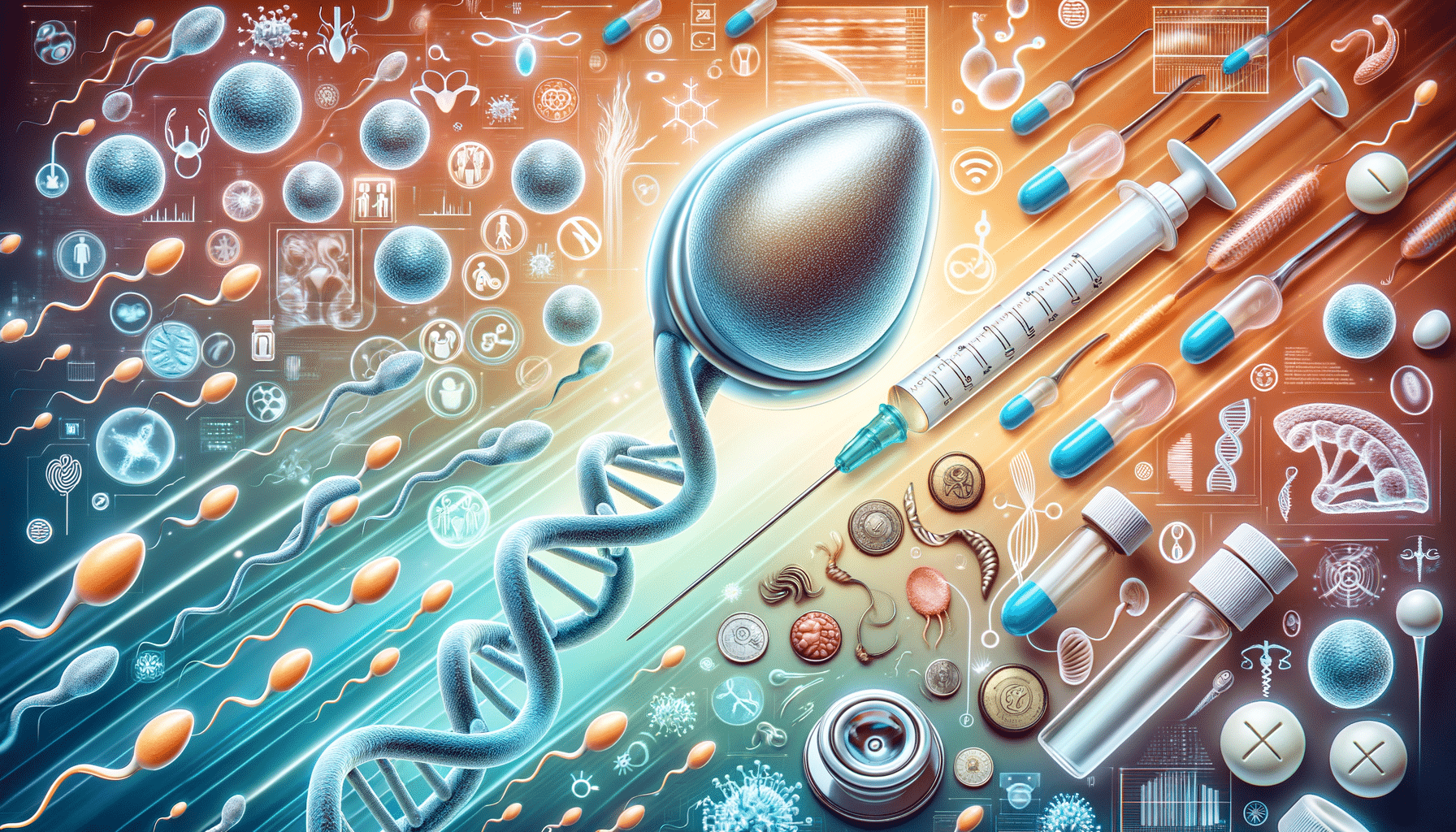
Understanding Sperm Donation: A Comprehensive Guide
Introduction to Sperm Donation
Sperm donation is a critical topic that offers solutions for many individuals and couples seeking to start a family. It is a process where a man donates his sperm to help another person conceive a baby. This practice is becoming increasingly common due to various societal changes, including the rise of single-parent families and same-sex couples who wish to have children. Understanding the intricacies of sperm donation is essential for anyone considering this path, whether as a donor or recipient.
Sperm donation not only provides an opportunity for those unable to conceive naturally but also raises important ethical, legal, and medical considerations. The decision to donate or receive sperm is deeply personal and can have significant implications for all parties involved. This article aims to shed light on the various aspects of sperm donation, from the donation process itself to the legal and ethical considerations, to help readers make informed decisions.
The Process of Sperm Donation
The process of sperm donation involves several steps, each designed to ensure the quality and safety of the sperm provided. Initially, potential donors undergo a thorough screening process to assess their health and genetic background. This screening includes medical history reviews, physical examinations, and tests for infectious diseases. Genetic testing is also conducted to identify any potential hereditary conditions that could be passed on to offspring.
Once a donor is approved, the donation process typically involves providing a semen sample at a clinic. The sample is then analyzed for sperm count, motility, and morphology. High-quality samples are frozen and stored in a sperm bank, where they can remain viable for several years. This process ensures that the sperm is available when needed by recipients.
Recipients of donor sperm undergo their own series of procedures, including fertility assessments and treatments such as intrauterine insemination (IUI) or in vitro fertilization (IVF). These methods increase the chances of successful conception. It’s important to note that the success rates of these procedures can vary based on numerous factors, including the age and health of the recipient.
Legal and Ethical Considerations
Sperm donation is accompanied by a range of legal and ethical considerations that must be carefully navigated. Legally, donors are often required to sign agreements relinquishing any parental rights or responsibilities. This legal framework is crucial in protecting the interests of all parties involved, including the donor, recipient, and any resulting children.
Ethical considerations include the anonymity of donors and the rights of donor-conceived children to know their biological origins. While some countries maintain strict anonymity laws, others allow for the possibility of donor identities being disclosed under certain circumstances. This can be a contentious issue, as it involves balancing the privacy of the donor with the potential rights of the child to know their genetic background.
Furthermore, ethical debates often arise around the commercialization of sperm donation and the potential for exploitation. It’s important for clinics and donors to adhere to ethical guidelines to ensure that the process remains respectful and fair to all involved.
Benefits and Challenges of Sperm Donation
Sperm donation offers numerous benefits, particularly for individuals and couples who may otherwise be unable to conceive. It provides a path to parenthood for same-sex couples, single parents, and those with fertility issues. The emotional fulfillment and joy of starting a family can be profound for recipients.
However, sperm donation also presents challenges. Recipients may face emotional and psychological hurdles, such as dealing with the implications of using donor sperm and potential questions from their child in the future. Donors, too, may experience emotional complexities related to their decision, especially if they later learn about offspring resulting from their donation.
It’s important for both donors and recipients to seek counseling and support throughout the process. This can help address any concerns and ensure that all parties are making informed decisions that align with their values and expectations.
Conclusion: Making Informed Decisions
Sperm donation is a valuable option for many individuals and couples seeking to build a family. Understanding the process, legal and ethical considerations, and potential benefits and challenges is crucial for making informed decisions. Whether considering donating sperm or receiving donor sperm, it’s important to approach the process with care, respect, and a willingness to engage with the complexities involved.
Ultimately, the decision to participate in sperm donation should be guided by thorough research, consultation with medical and legal professionals, and personal reflection. By doing so, donors and recipients can navigate the journey with confidence and clarity, contributing to the creation of loving and supportive families.


